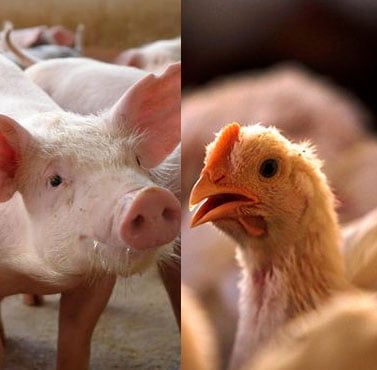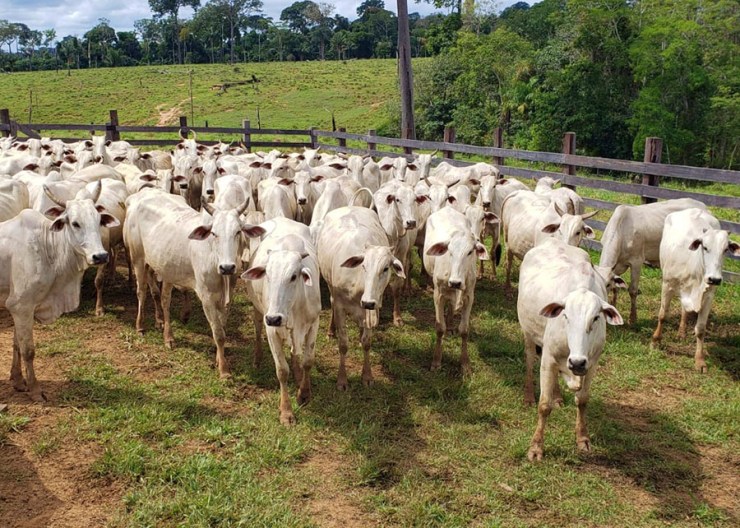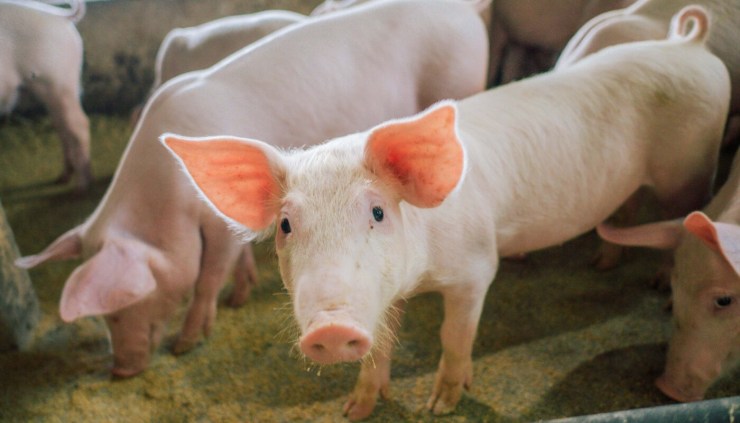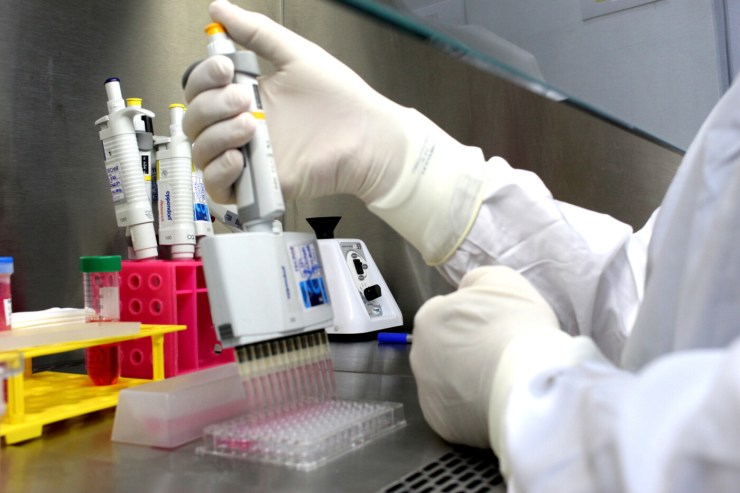Through the project "The bioeconomy of artisanal fishing in the states of Tocantins and Roraima: safe paths for socioeconomic inclusion and structuring of the production chain," or simply Propesca, Embrapa and partners have been monitoring the production of this important value chain. In Tocantins, the work is carried out in five municipalities: Araguacema; Araguatins; Couto Magalhães; Esperantina; and Xambioá. New bulletins were recently published and cover the period between October 2024 and March 2025.
The project coordinator is Adriano Prysthon, a researcher at Embrapa Food and Territories (Maceió-AL), but still with activities linked to Embrapa Fisheries and Aquaculture (Palmas, Tocantins), where he worked for 13 years. He praises the work performed by the fisheries monitors, whom the researcher considers the link between artisanal fishers and Embrapa. "The entire methodology and periodic field data curation rely heavily on the work carried out by the monitors in the communities. Therefore, maintaining a sincere and respectful relationship with the fishers is part of the daily monitoring work and is a value constantly emphasized by the project coordinators," he states.

Photo: Denis Ferreira Netto
In each municipality, a fishing monitor is responsible for collecting data from fishermen, especially when they return from their work on the river or wherever they go to gather food. In Araguacema, the monitor is Hemerson Santos; in Araguatins, it's José Henrique; in Couto Magalhães, the monitors are Irenovam Lopes and Sunamita Feitosa; in Esperantina, the work is overseen by Rênalde Pereira; and in Xambioá, the monitor is Rogério Amâncio.
Content
The data collected by the project is standardized and includes, among other things, the most commonly caught species, monthly production and income, and fishermen's monthly expenses. "Continuous data on production, revenue, and species caught, for example, are fundamental to promoting fairer socioeconomic and environmental development. It also, of course, removes the sector from obscurity, revealing its true economic, conservation, and food security potential," Adriano explains. According to him, in two municipalities (Esperantina and Araguacema), "production data per fisherman is already being used by fishing communities to obtain microcredit from financial institutions." This is undoubtedly a step forward.
Access the new monitoring bulletins below, by municipality:
Propesca has as partners the Secretariat of Fisheries and Aquaculture (Sepea) of Tocantins and the Development Company of the São Francisco and Parnaíba Valleys (Codevasf). The project is financed by the Ministry of Fisheries and Aquaculture (MPA).





